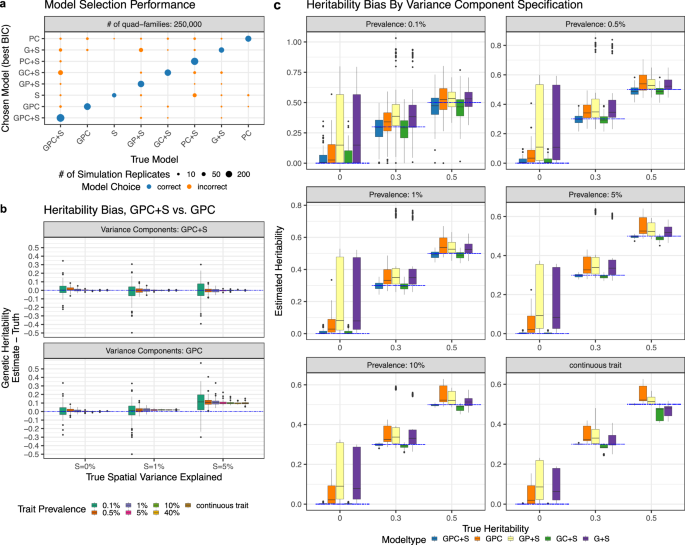2024-07-30 テキサス大学オースチン校(UT Austin)
<関連情報>
- https://news.utexas.edu/2024/07/30/mexican-american-adults-who-frequently-speak-both-english-and-spanish-have-slower-cognitive-decline-new-ut-austin-and-utmb-study-finds/
- https://content.iospress.com/articles/journal-of-alzheimers-disease/jad231187
65歳以上のメキシコ系アメリカ人における二言語使用と認知機能 Dual-Language Use and Cognitive Function Among Mexican Americans Aged 65 and Older
Downer, Brian | Milani, Sadaf | Grasso, Stephanie | Lucas, Fernando Llanos | Mehta, Neil
Journal of Alzheimer’s Disease Published: 28 May 2024
DOI: 10.3233/JAD-231187
Abstract
Background:Better English proficiency and higher frequency of using English among non-native speakers are associated with lower dementia risk. Objective:We investigated if Mexican American older adults who use English and Spanish to a more similar degree demonstrate better cognitive function than those who use one language more than the other. Methods:We used data from waves one (1992/93) to eight (2012/13) of the Hispanic Established Population for the Epidemiological Study of the Elderly. At baseline, participants were asked what language they usually use across communicative contexts. We based dual language on participants’ use of Spanish and English within and across contexts. We categorized participants as low (n = 1,145), medium (n = 717), and high (n = 702) dual-language users. Linear mixed models were used to estimate the association between dual-language use, baseline Mini-Mental State Examination (MMSE) scores, and change in MMSE. Results:Participants in the medium and high dual-language use categories scored 1.91 points and 3.03 points higher at wave one compared to the low dual-language use category. Adjusting for education reduced the association between dual-language use and baseline MMSE (medium B = 0.99 SE = 0.19 p < 0.01; high B = 1.41 SE = 0.21 p < 0.01). The association between dual-language use and decline in the MMSE was not statistically significant. Conclusions:Greater dual-language use was associated with higher MMSE scores but not change in MMSE scores among Mexican Americans aged 65 and older. Future work should characterize bilingualism with greater nuance and use more rigorous cognitive measures to identify the components of the bilingual experience that may benefit the cognitive functioning of older adult bilinguals.



